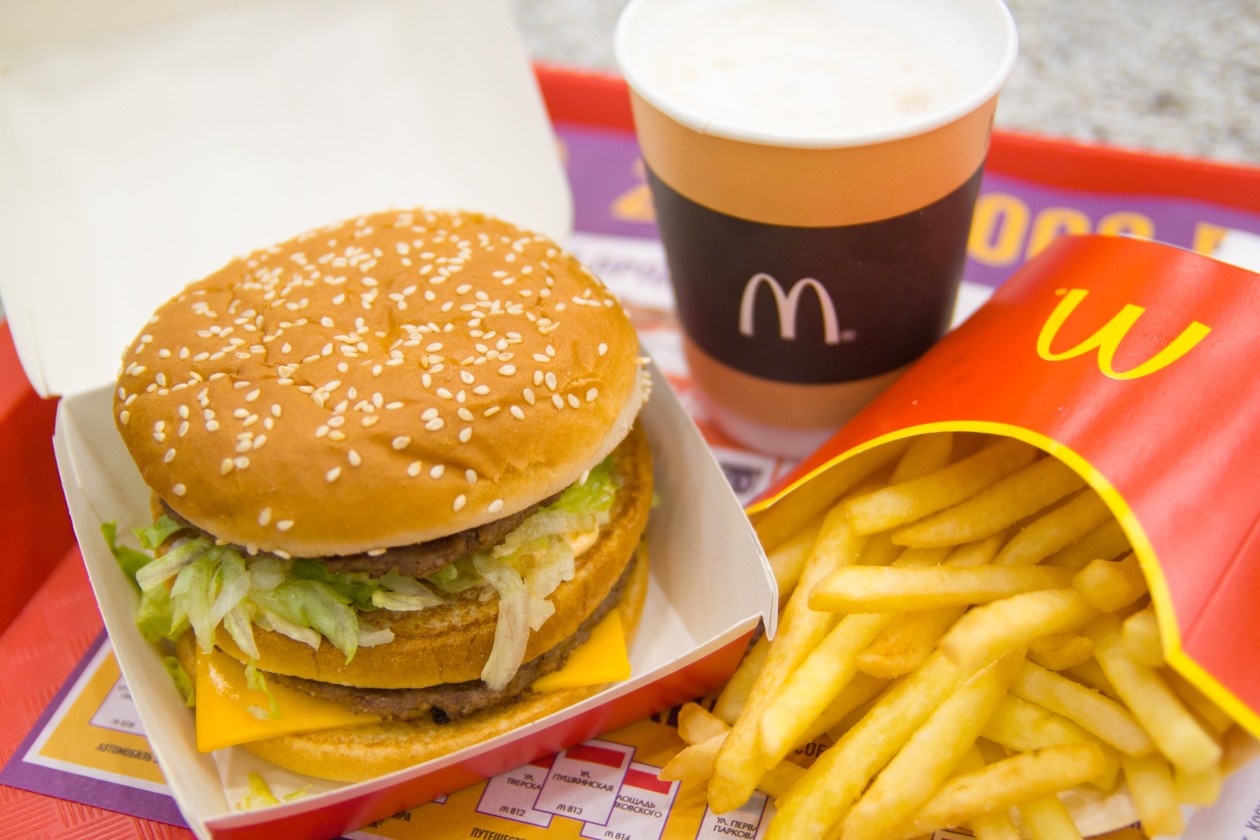McDonald’s has officially announced their plans to increase spending on diverse-owned suppliers to 25% of its overall annual supply chain budget by 2025. This means that a total of $3.5 billion will be spent annually on businesses run by individuals who don’t receive enough representation in the business world.
Currently, their spend on these diverse suppliers is at 23% of the supply chain budget, which seems like they’re already right on the cusp of hitting this goal. Bear in mind, though, with $14 billion paid to suppliers in 2020 alone, the numbers that McDonald’s bookkeepers deal with are huge.
A Fast Food Titan Committed to Change
McDonald’s has long been synonymous with fast food. With such a massively successful business on a gargantuan scale, the company wields a considerable amount of power. Every decision that its executives make holds incredible sway, and their influences extend into numerous markets and regions.
It cannot be overstated how big of a splash comes with every little decision an industry giant like McDonald’s makes. Being a household name, their marketing reach is extensive, and people pay attention to what these kinds of companies say and do – for better or for worse. McDonald’s executives have thus rightfully identified their role in bolstering underrepresented business owners as extremely important.
To give a sense of the depth of McDonald’s influence in the world, consider the apple slices that became a staple of the famous Happy Meal in 2012. According to the most recent data, 10% of all the fresh sliced apples sold in the United States are eaten by children as part of this iconic McDonald’s menu item. The implications of one company with that much of a hand in the supply chain market are tremendous.
This means that even these seemingly minor decisions that the company makes have the potential to make major changes – but it doesn’t just happen automatically. It takes an organization like McDonald’s to leverage this influence at the executive level to use it as an opportunity to support good causes.
This time, McDonald’s has set their sights on businesses in the supply chain run by underrepresented populations.
Focusing on Underrepresented Populations
The commitment announced by the McDonald’s Corporation is called the Mutual Commitment to Diversity, Equity, and Inclusion. It targets company owners who are women, disabled, veterans, LGBTQ, Indigenous, Asian, Black, and Hispanic.
For the past several years, McDonald’s has been taking various actions to improve diversity and become more inclusive. One of their aims is to bring CEO compensation to underrepresented parts of the population, bringing new opportunities and better career prospects. The company has also upped its spending on other types of partners with diverse ownership, including media and production partners.
It has to be mentioned that McDonald’s has received accusations of racial discrimination from some of its franchisees. This has led to public scrutiny which may have prompted them to take this series of actions to right their wrongs.
Whatever the corporation’s underlying intentions, it appears to be a genuine attempt at creating a more just and equal workplace for all. And it certainly cannot be argued that it’s great news for diversely-owned companies in McDonald’s supply chain.
Taking on the commitment to work with these diverse suppliers is not something that can happen without careful coordination. The company has to work with each supplier on an individual basis and ensure that they’re suiting their needs. With a restaurant whose food is always in such high demand, they also have to make sure that their suppliers are able to keep up.
Although it’s a process that inevitably takes time and consideration, the executives at McDonald’s have agreed that it’s time well spent.
Leading the Pack
It’s one thing to join a movement, but McDonald’s is doing everything it can to start a major wave of change and lead other companies to follow them. One of the company’s primary messages to other businesses that they partner with is to sign onto the same commitment that McDonald’s has committed itself to.
Even with how powerful one worldwide corporation’s actions are, it would pale in comparison to the impact that a group of huge companies can make in a concerted effort. And it’s starting to catch on, too: Already, 20 of McDonald’s suppliers in the United States have confirmed that they’re on board.
As more corporations take notice of the precedent that the McDonald’s corporation is setting in the industry, the spirit of inclusion will become the new norm for companies across the country.






